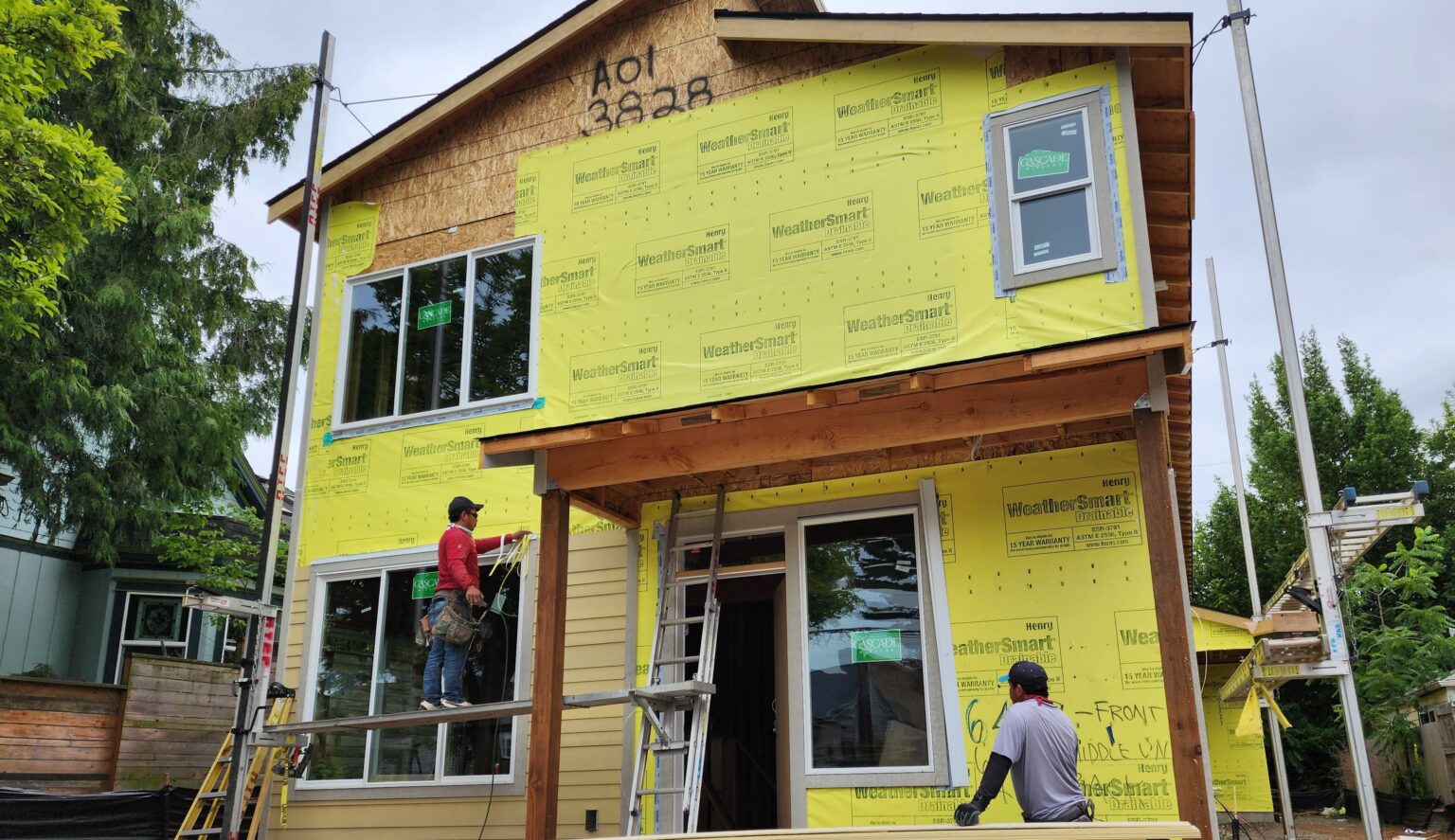Capital Chatter: Wildfire a hot topic
Published 8:00 am Thursday, November 28, 2019

- Capital Chatter: The real reason that HB 2020 failed
In this week of Thanksgiving, I am grateful for the never-ending bounty of political news, conjecture and bafflement emanating from the Oregon Capitol and elsewhere around our state capital.
Lawmakers, lobbyists and state agencies still are digesting last week’s Legislative Days.
Slightly edited, here is a good definition of Legislative Days from Sen. Jeff Golden, D-Ashland: “Last week was Leg (pronounced “ledge”) Days in Salem, one of three times during the interim when we go back to the Capitol for committee meetings and a grab-bag of meetings designed to prepare our bills for the 2020 session. This is especially important in advance of the five-week ‘short session’; if your bill isn’t fully developed and chewed over by the time the opening gavel bangs on Feb. 3, it’s not likely to become law.”
The three Leg Days wrapped up on Wednesday of last week. That Friday was the deadline for legislators to submit bill concepts so the Legislature’s lawyers could begin turning them into actual bills.
A hot topic (pun intended) was wildfires.
Golden chairs the Senate Wildfire Prevention and Recovery Committee, which met first thing on the first Leg Day, Monday. At the time, he had not finished the three concepts to introduce as committee bills
This week he said one would “create pilot projects to restore forest health on three high-risk sites across the state” to test recommendations from the Governor’s Council on Wildfire Response. A second would increase funding for the Oregon Department of Forestry “and change some of the ways it does business.” A third would create a Wildfire Workforce Foundation “to receive funds from corporations, philanthropic foundations and anyone else ready to support the twin goals of reducing wildfire risk and training young people in reforestation work that can readily lead to high-quality careers, a revival of the Youth Conservation Corps model.”
The final report from the governor’s wildfire council was released earlier this month, so the content wasn’t news at the wildfire committee hearing. But the discussion was intriguing.
Golden likes to have committee members introduce themselves. They talked about their interest in the issue of wildfire prevention and recovery. Some referred to the number of trees in their district.
Jason Miner, Gov. Kate Brown‘s natural resources policy adviser, noted that it was a wheatland fire that most directly led her to establish the wildfire council. The Substation Fire in July 2018 ignited on “unprotected land,” with no firefighting agency having jurisdiction over it.
“But because we are neighbors, what happens when a fire breaks out on unprotected land [is] people do respond. People show up to fight it,” Miner said. “When we think about the challenge ahead of us, one of the challenges is, how do we update a system that was built for the past century to a system that is built for the current century – for the path ahead?”
Figuring out whom will pay for that fire coverage will be a challenge.
Another of Miner’s observations was: “In many ways we’ve currently lost the social license to allow wildfire to burn in wild areas. One area is the Rogue Valley.”
That caught Golden’s attention, who asked for Miner to expand.
Miner said there is broad public recognition that wildfire is natural and will have some impacts on communities. But in the past seven years, the public has asked the government to deal with excessive wildfire smoke and the consequent impacts on the economy and day-to-day life.
Senate Republican Leader Herman Baertschiger Jr. of Grants Pass, a member of both the wildfire council and the committee, chastised Miner for saying the 2019 wildfire season was unusally calm.
“Obviously, you haven’t done your homework. If you look over the last 100 years, this is a regular fire season. We had a few years, starting about 2013, that we had some pretty bad fire seasons,” he said. “I’ve been doing this for over 40 years. Most of the years I’ve been fighting fire were pretty mellow.”
Later, Baertschiger asked Peggy Lynch of the League of Women Voters of Oregon whether her organization was comfortable with Oregon taxpayer dollars being spent to perform work on federal lands. “And if so, how do I respond to the shortages in Medicaid in this state, and the problems in DHS and the PERS problem?” he asked.
Lynch responded that the League indeed was concerned and would prefer the federal government step up to do more. But federal-state partnerships result in fire protection that benefit all Oregonians while providing rural jobs.
Like Baertschiger, Sen. Lew Frederick, D-Portland, serves on both the committee and wildfire council. He said the council sought to bridge the longtime gap in trust among the parties involved in forest and wildfire policy.
“I think we’re starting to see some changes. I’m also seeing people talk with one another and not decide that they already know how people are going to feel about things,” Frederick said. “I’m very pleased with this particular report. I think it has some real options. We’re always going to keep monitoring to see how things work.”
During Gov. Brown’s media availability with journalists by telephone this week, she said the wildfire council recommendations and climate change legislation were her major agenda items for the 2020 Legislature. She met with Baertschiger last week and is coordinating with Golden on legislation.
And that’s it from me this week. Enjoy the rest of your Thanksgiving weekend.
Dick Hughes, who writes the weekly Capital Chatter column, has been covering the Oregon political scene since 1976. Contact him at TheHughesisms@Gmail.com , Facebook.com/Hughesisms, YouTube.com/DickHughes or Twitter.com/DickHughes.





